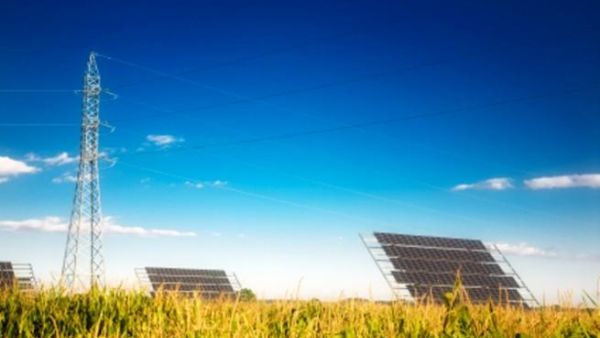65% of MENA executives predict increase in cleantech investments over next five years

65% of MENA executives polled expect an increase in cleantech investments over the next five years. This is according to Ernst & Young’s MENA survey on Cleantech titled ‘Cleantech matters: Seizing transformational opportunities (Middle East and North Africa outlook)’.
Cleantech encompasses a broad range of technologies that include alternative energy (solar, wind, biomass, geothermal, hydro, biofuels, biogas, waste to energy, tidal), Energy storage, Water technologies, Recycling technologies, green chemistry (non-hazardous materials), white biotech (enzymes), green biotech (plant enhancements), nano materials (surfaces & catalysts) and membranes (filters).
Nimer AbuAli, MENA Head of Cleantech, Ernst & Young says: “According to the respondents of the MENA survey, the region has been ranked as one of the most attractive regions for cleantech investment after China and Europe, and there is a high degree of optimism within the region about its growing role and investments into its cleantech industry. For example, almost 90% of the respondents are backing the realization of the mega-project to connect the MENA and EU regions via a vast energy grid where electricity will be generated mostly by renewables.”
MENA findings have also indicated that the key drivers of new cleantech investment are government policy (59%), climate change response (29%), water scarcity (25%) and solar irradiation (23%). Interestingly, population growth and business compulsions were seen as least likely to drive new cleantech investment.
The survey respondents felts that new money is expected to flow into solar thermal energy technologies (73%) and photovoltaics (63%) - (i.e. generating electrical power by converting solar radiation into direct current electricity using semiconductors) – an obvious inference given the relatively sunnier climes of the region. Other sectors included water technologies (43%), green building technologies (40%), waste to energy and recycling technologies (39%) and wind technologies (22%).
Insufficient government support was listed as the single biggest barrier to renewable energy development by 39% of the respondents, while price competitiveness compared to traditional energy sources and insufficient private financing followed at 31% and 16% respectively.
Nimer added: “Despite the relative lack of state support, 60% firmly believe it to increase strongly over the next five years. This indicates a sense of cautious optimism and reiterates the potential that we’ll witness in cleantech.”
During the financial downturn, businesses looked to cleantech for cost savings and efficiency improvements. Energy efficiency practices have now become competitive with corporate focus on cleantech beginning to target revenue generation opportunities and top-line growth (through new products and markets).
Background Information
Ernst & Young
In addition to cookies that are strictly necessary to operate this website, we use the following types of cookies to improve your experience and our services: Functional cookies to enhance your experience (e.g. remember settings), Performance cookies to measure the website's performance and improve your experience, Advertising/Targeting cookies, which are set by third parties with whom we execute advertising campaigns and allow us to provide you with advertisements relevant to you, Social media cookies, which allow you to share the content on this website on social media like Facebook and Twitter.







